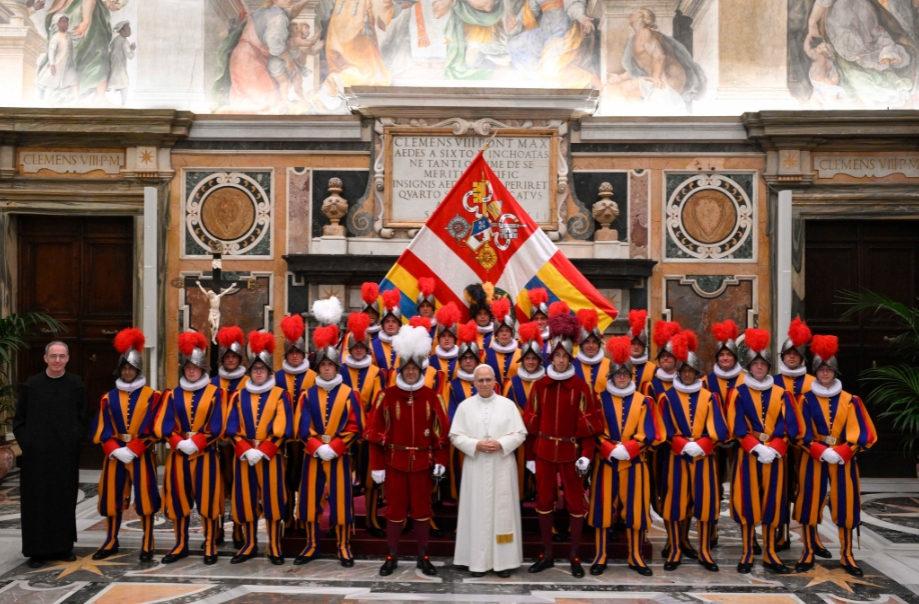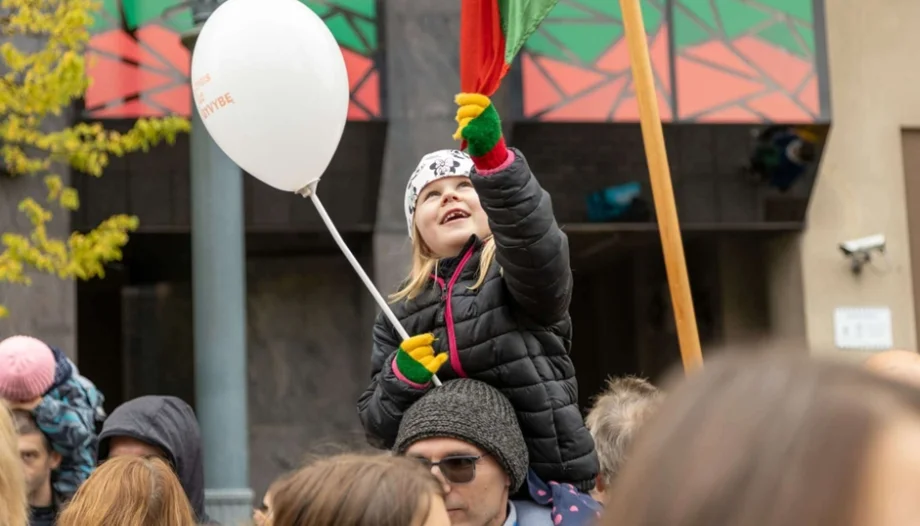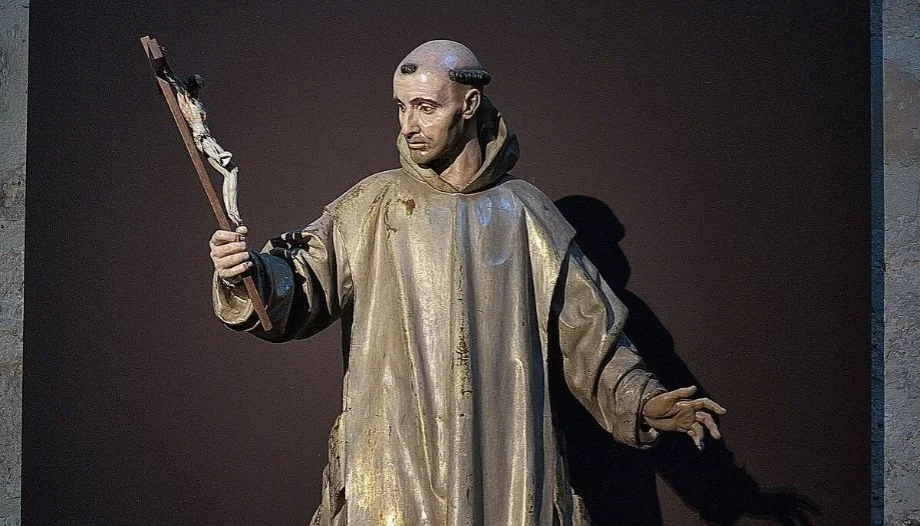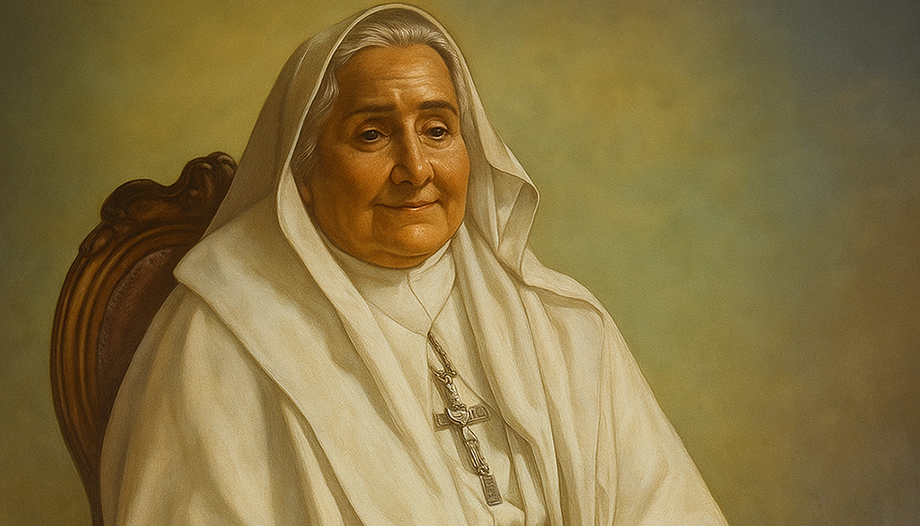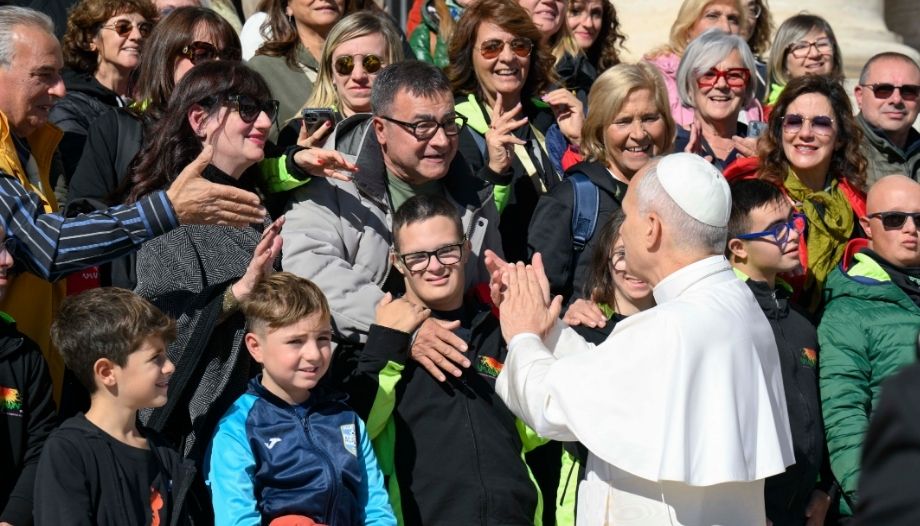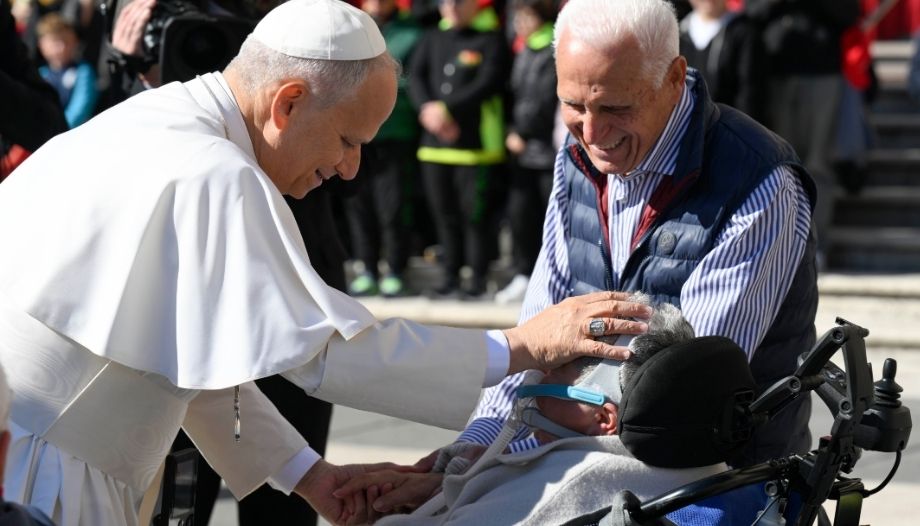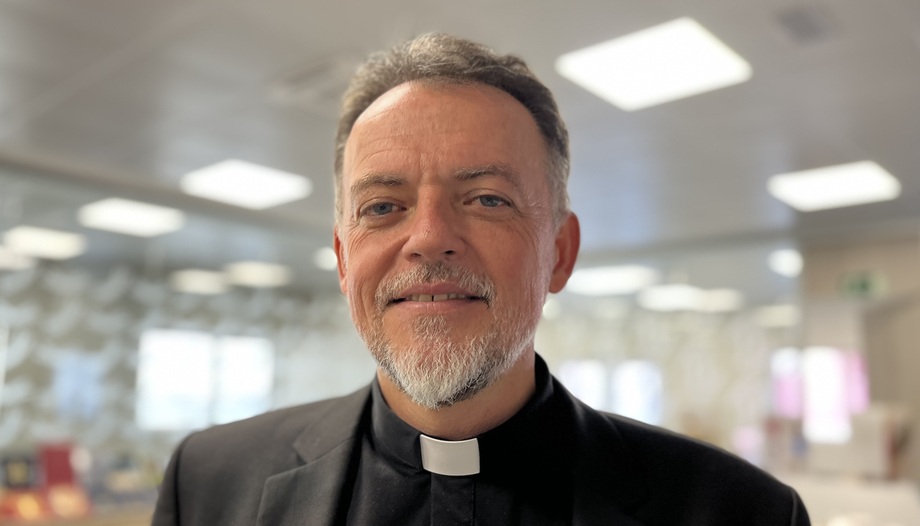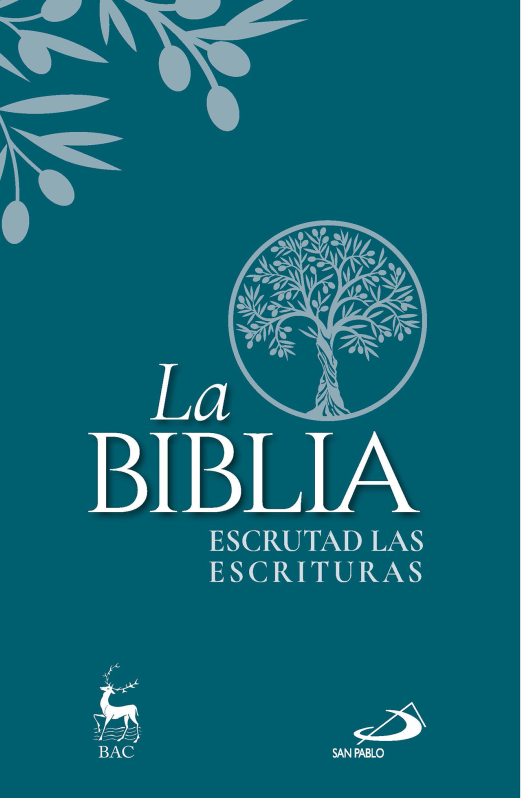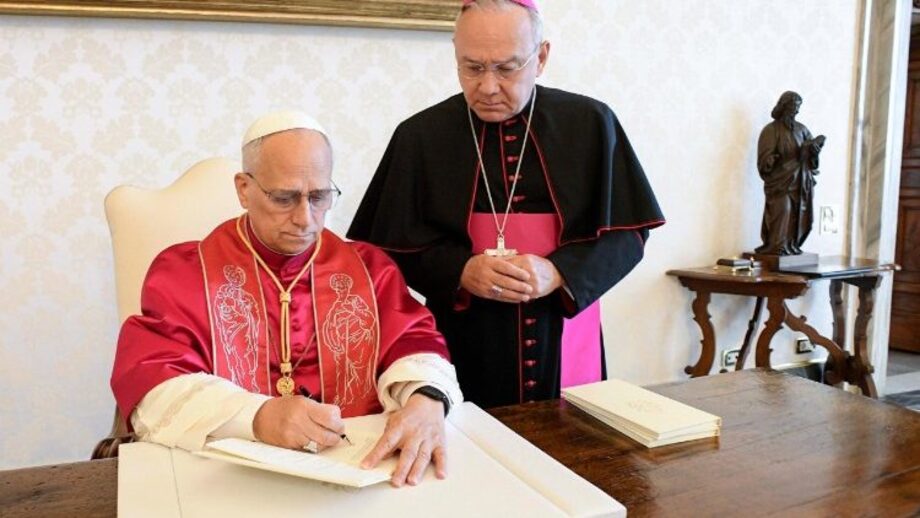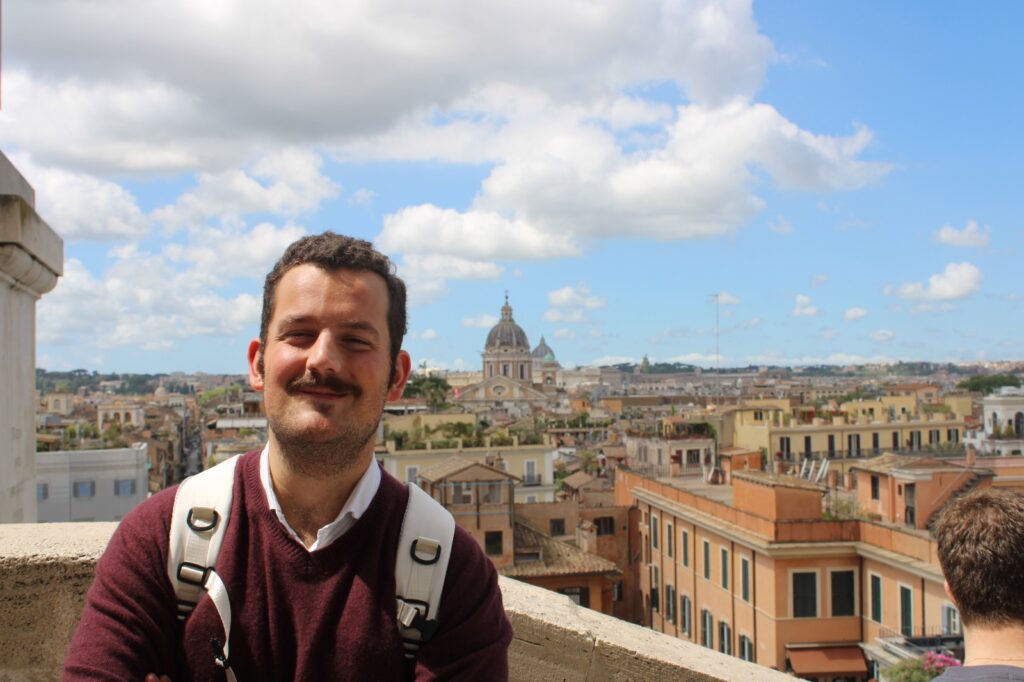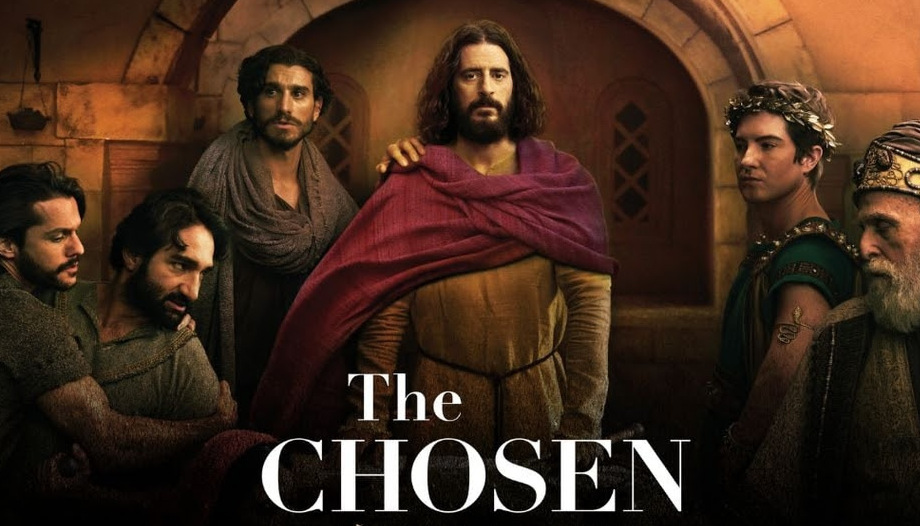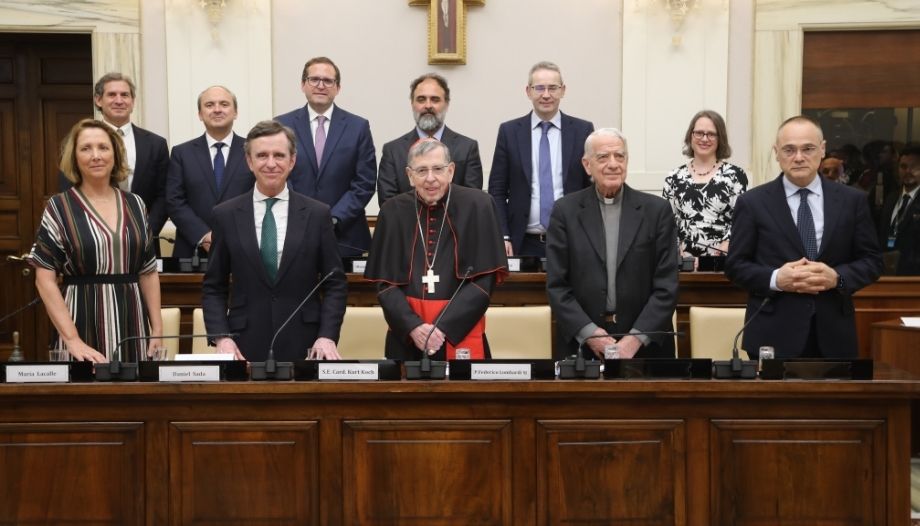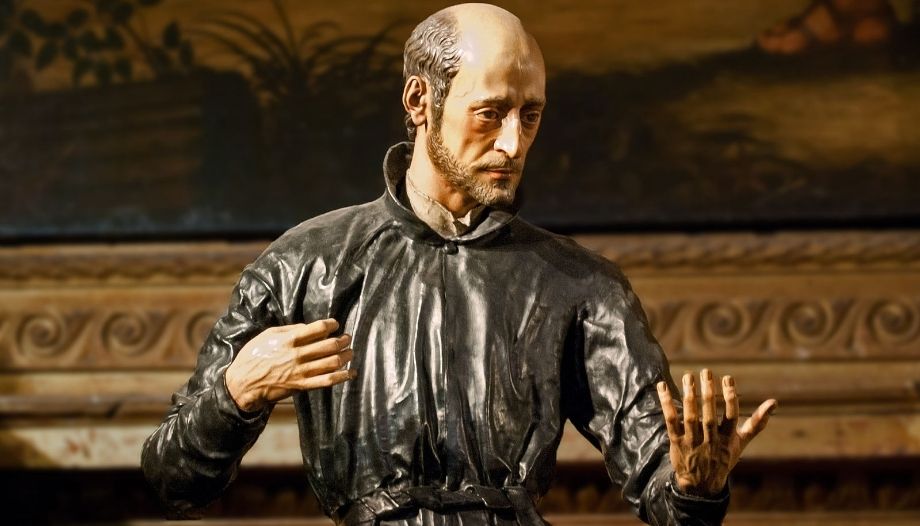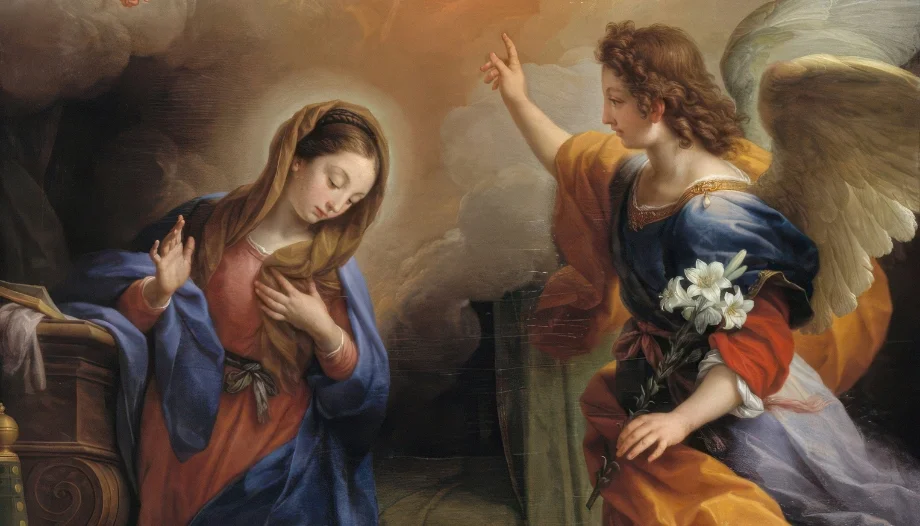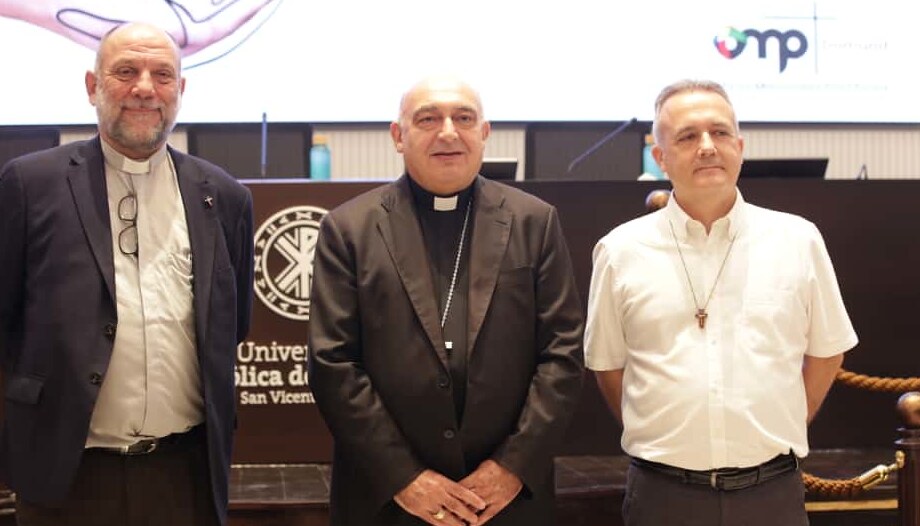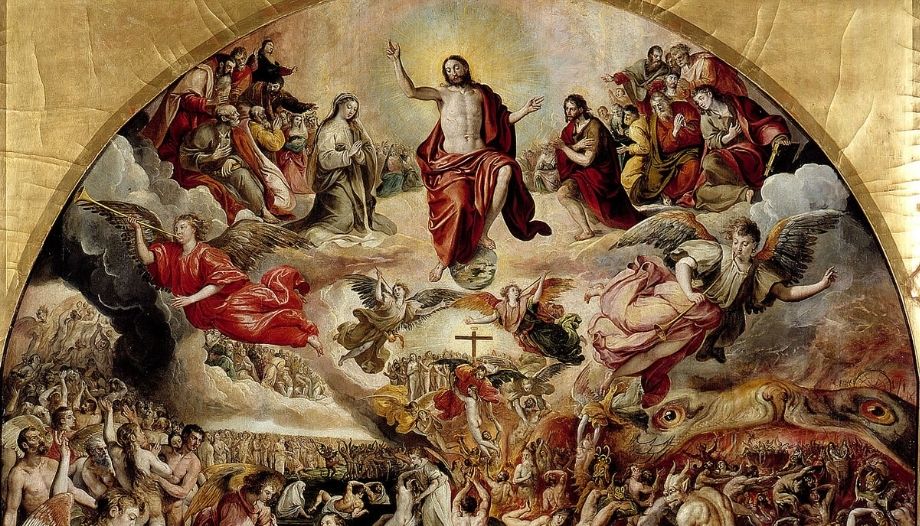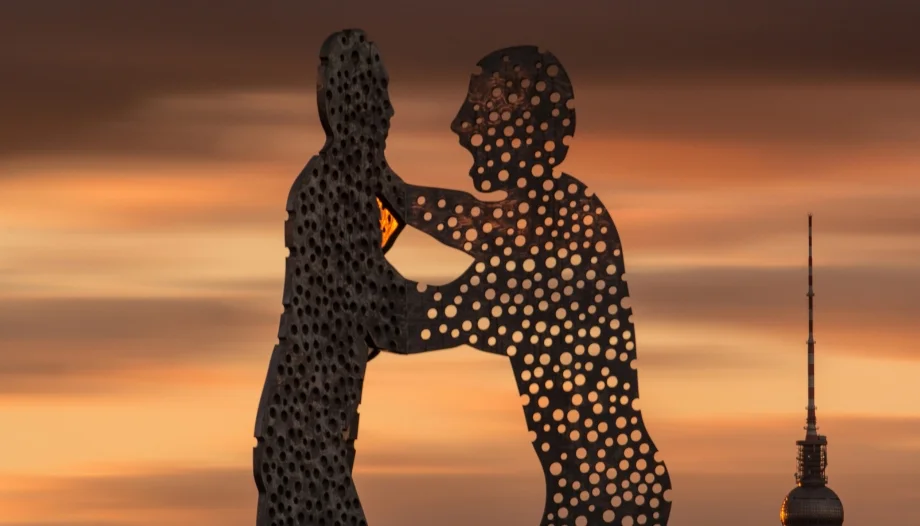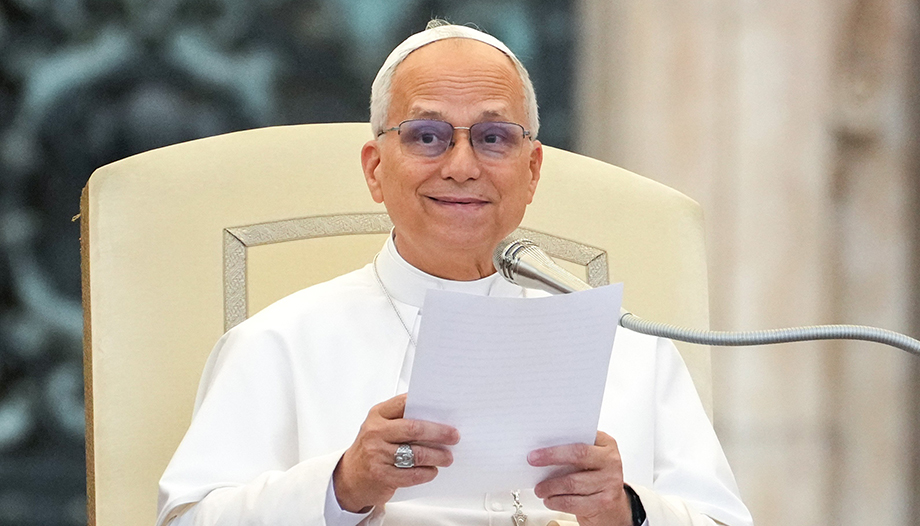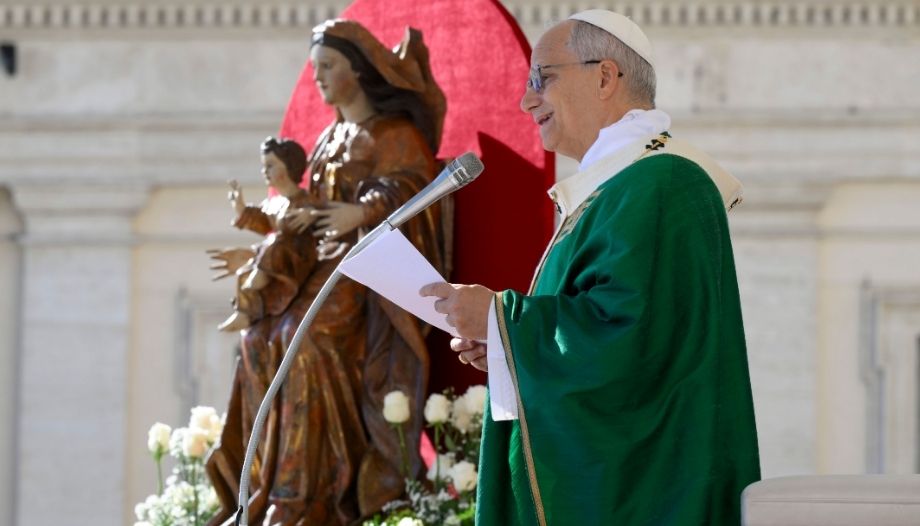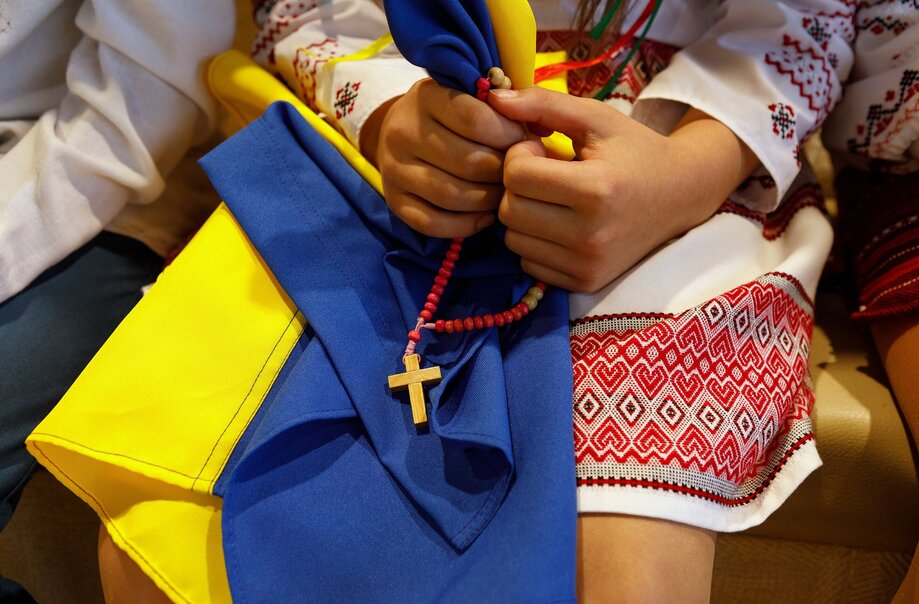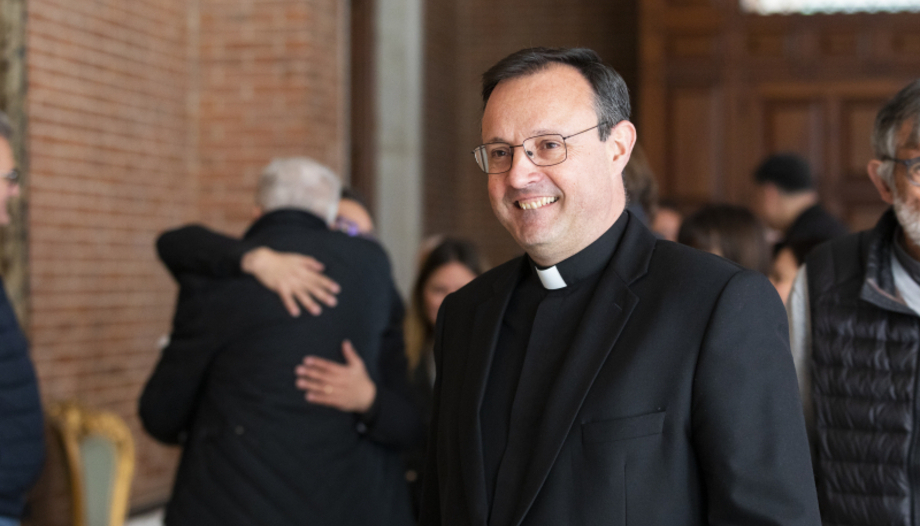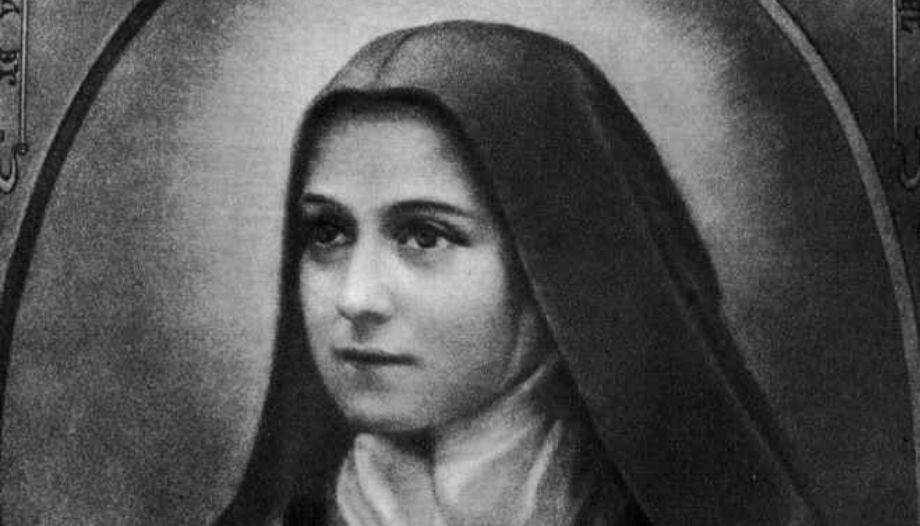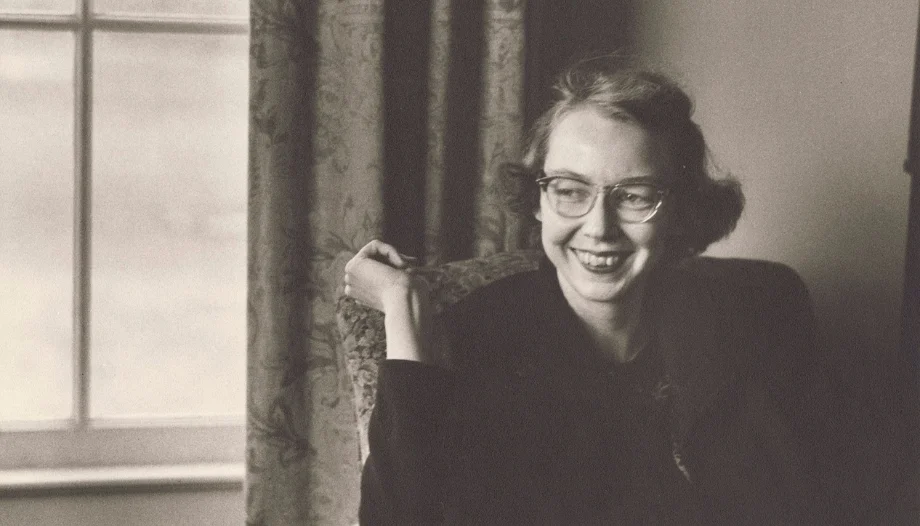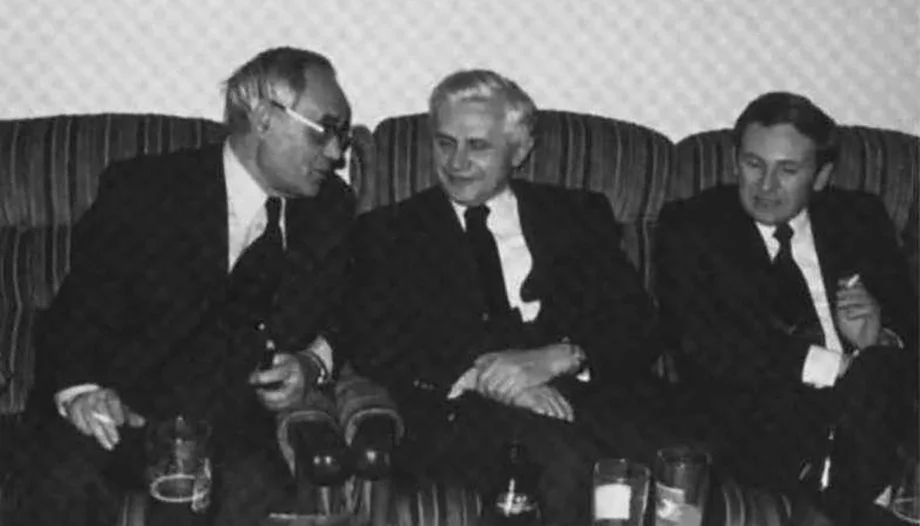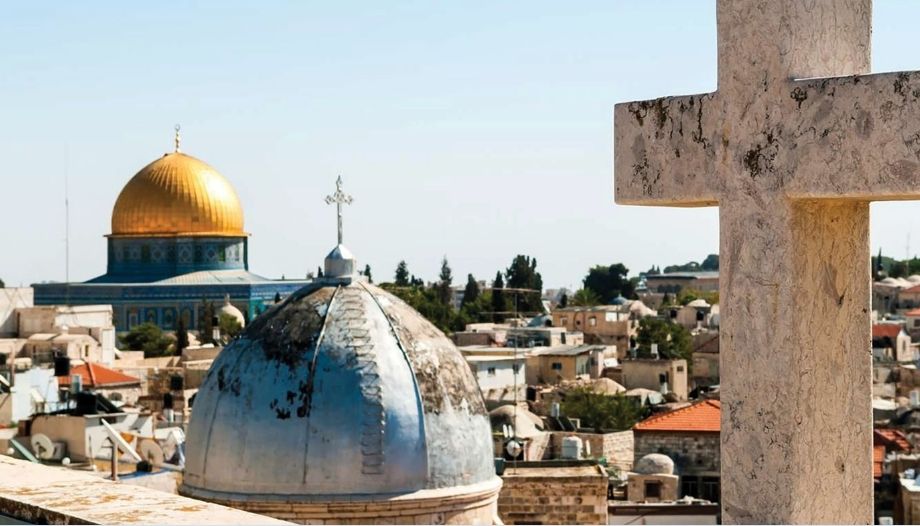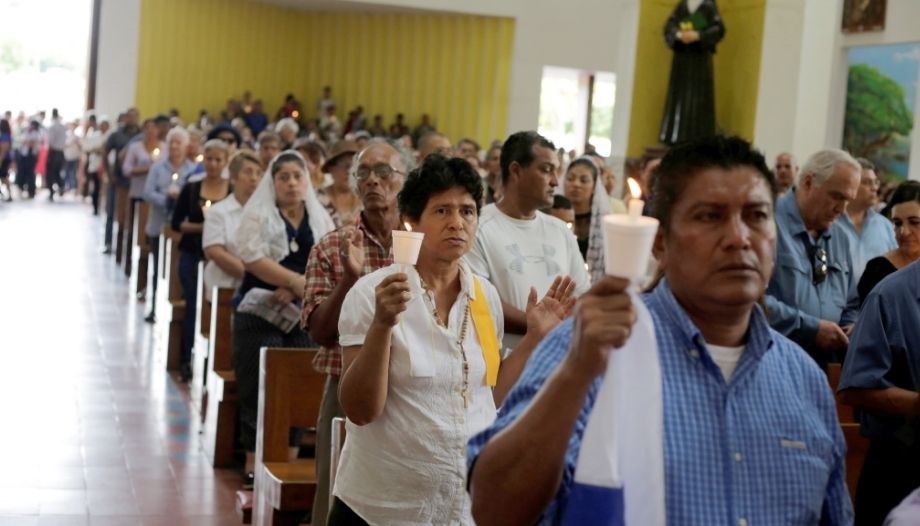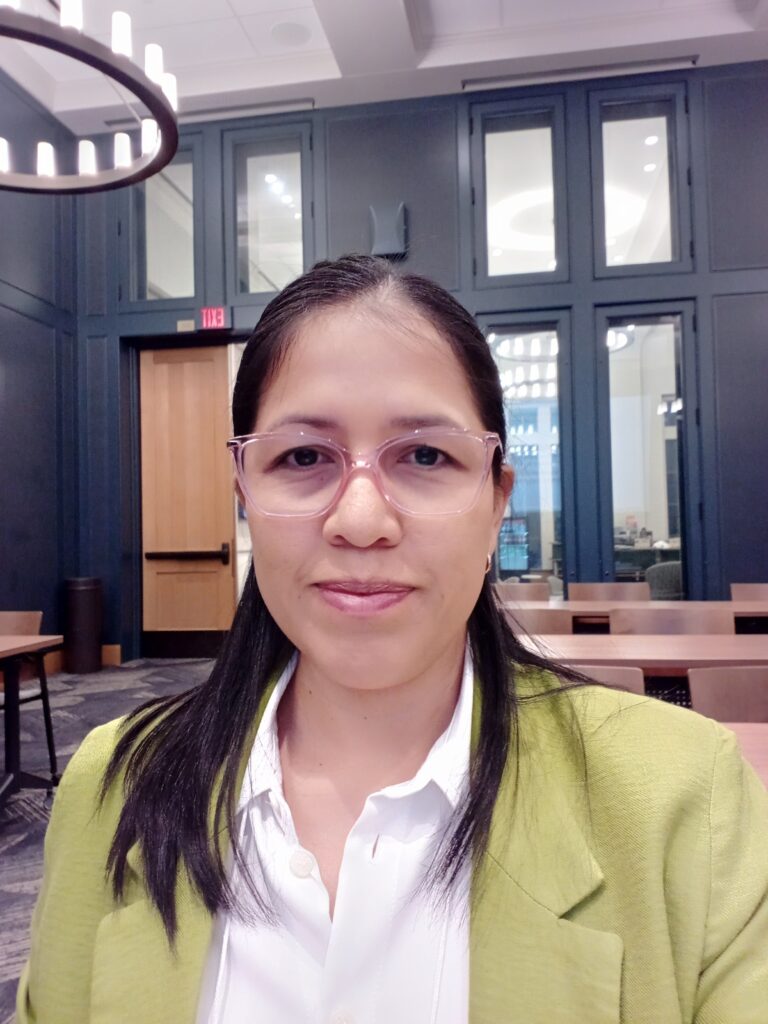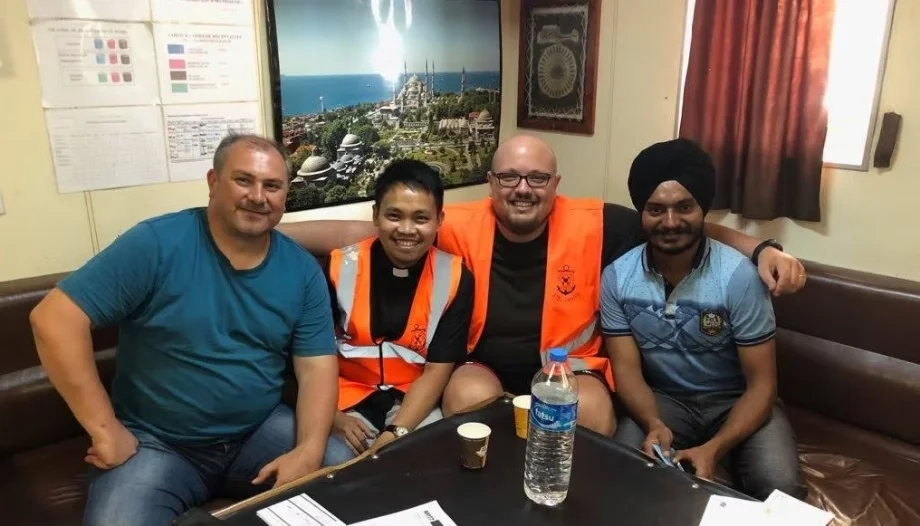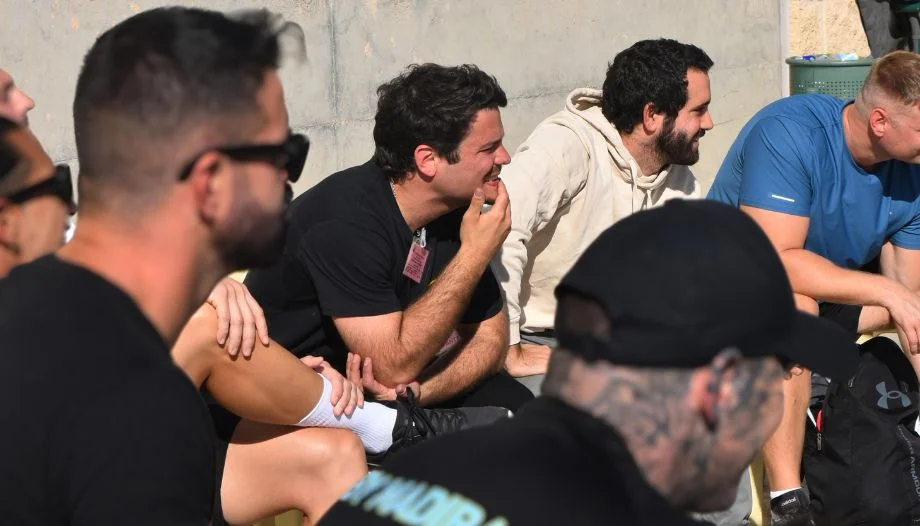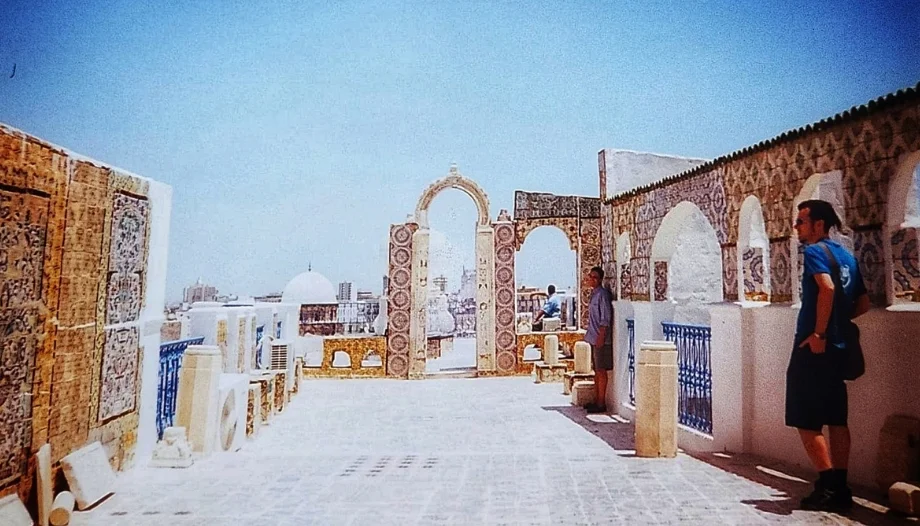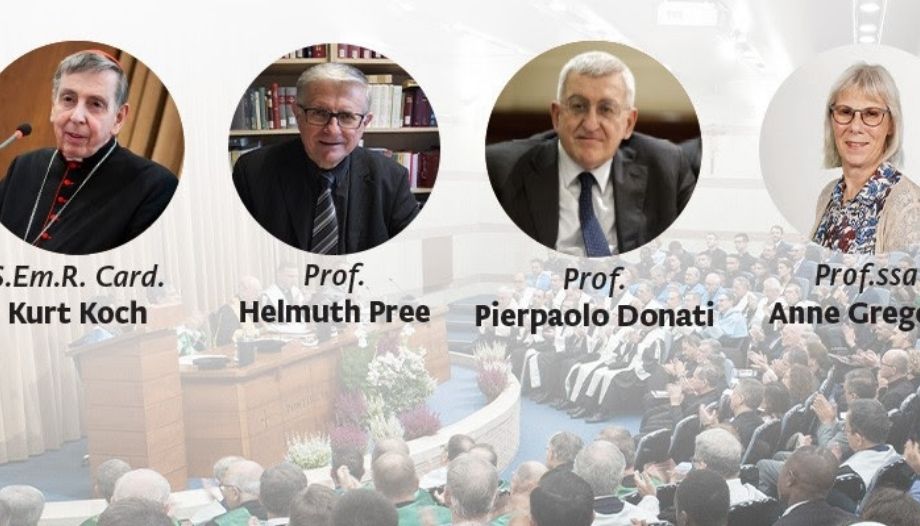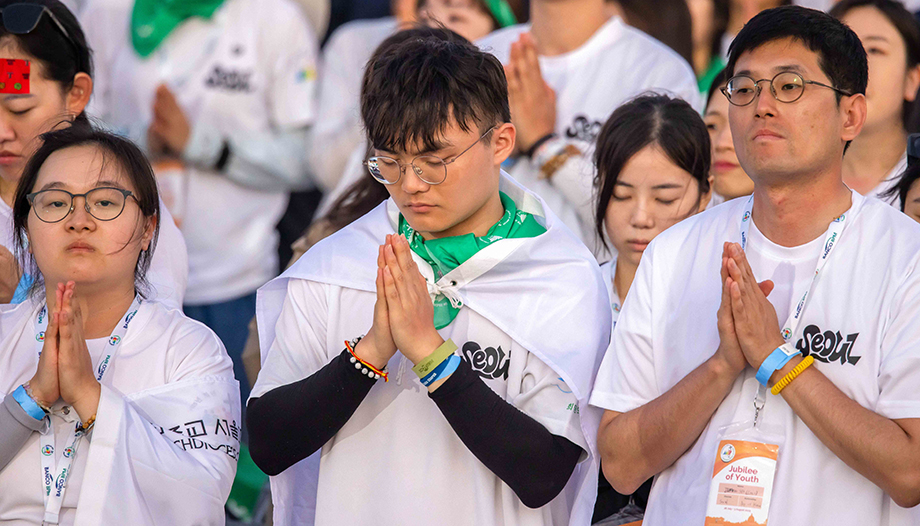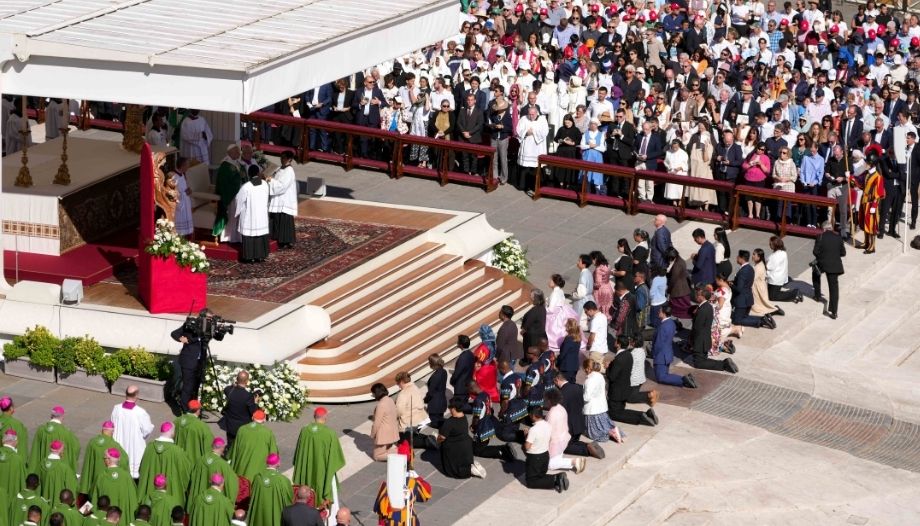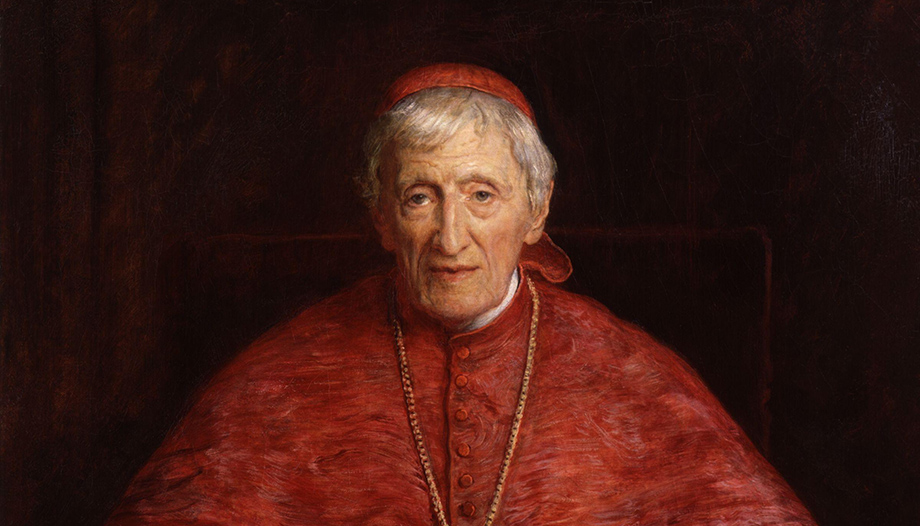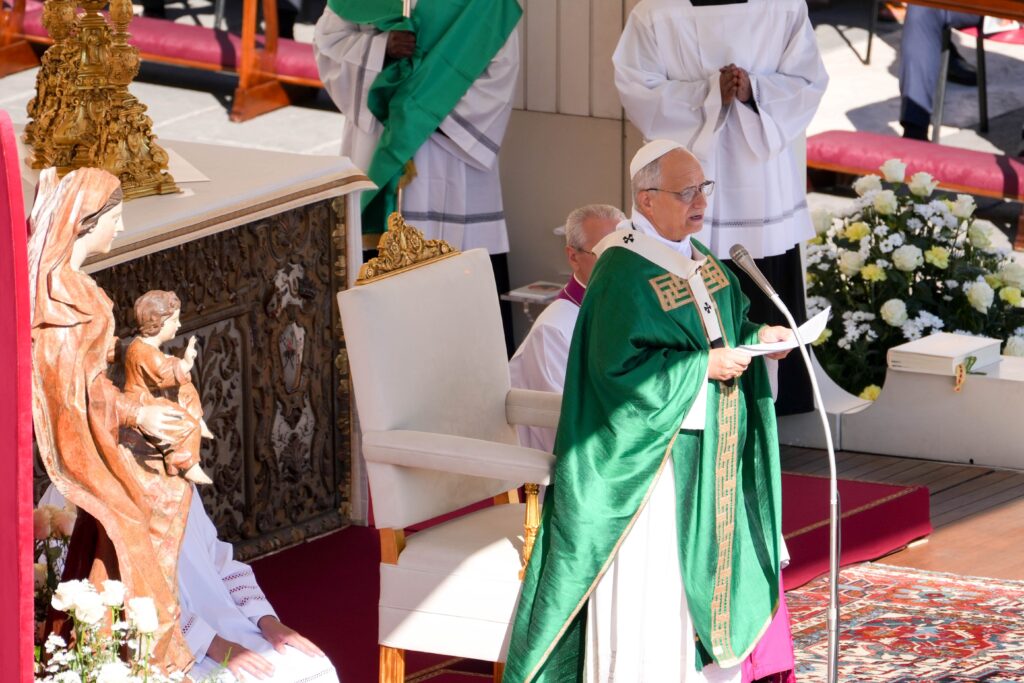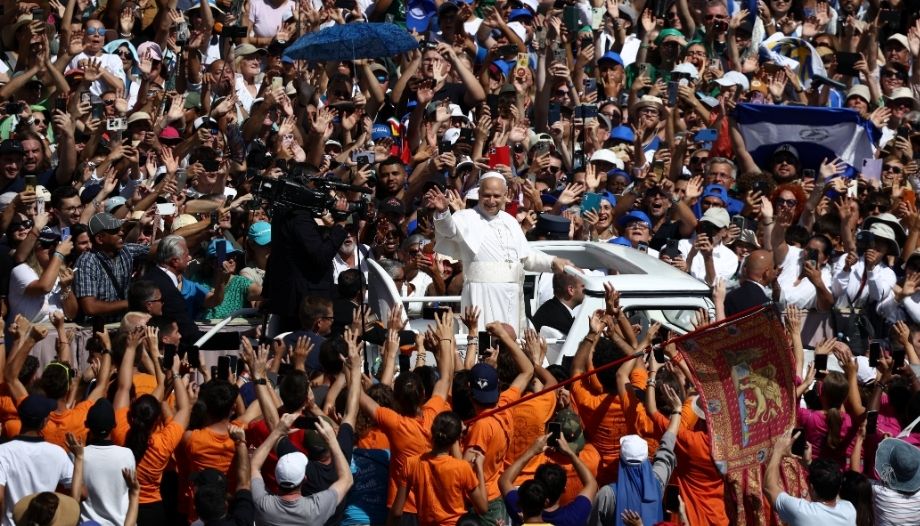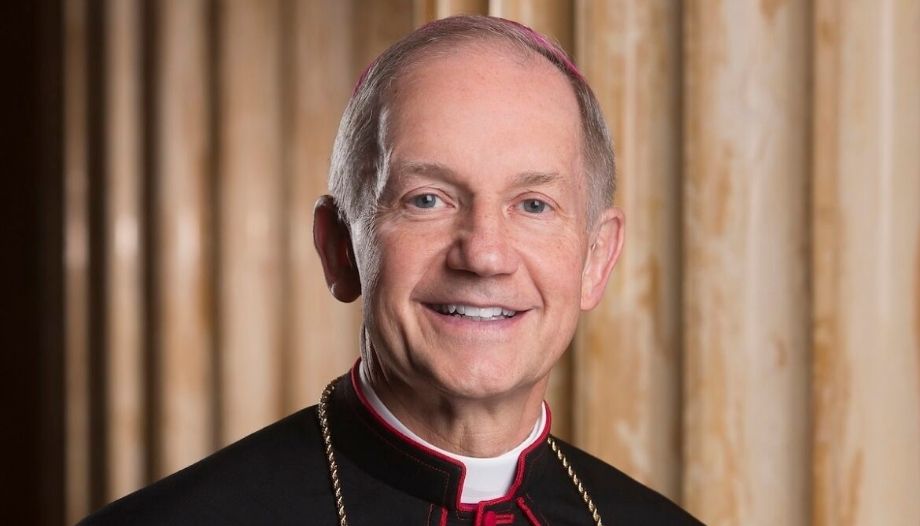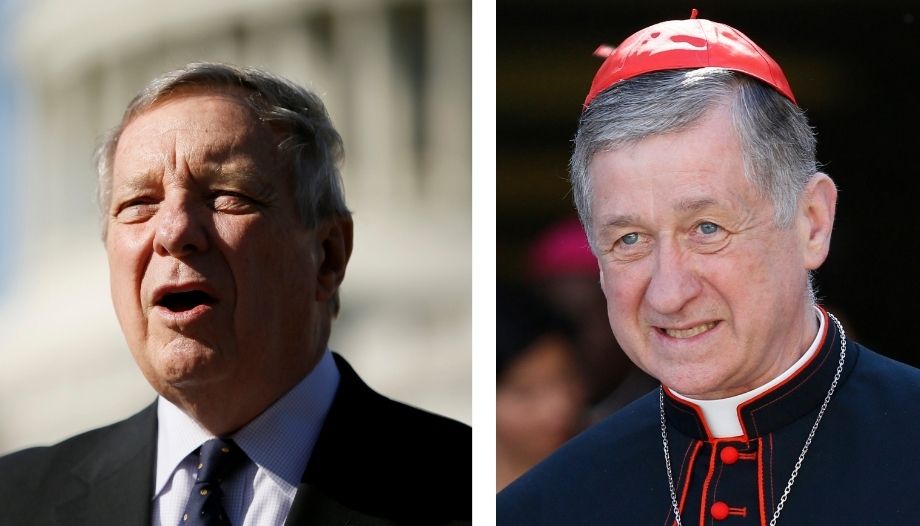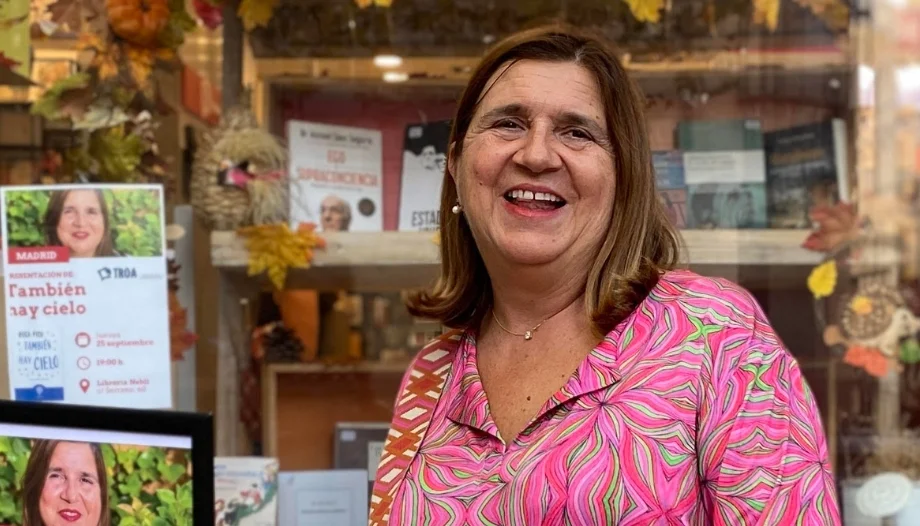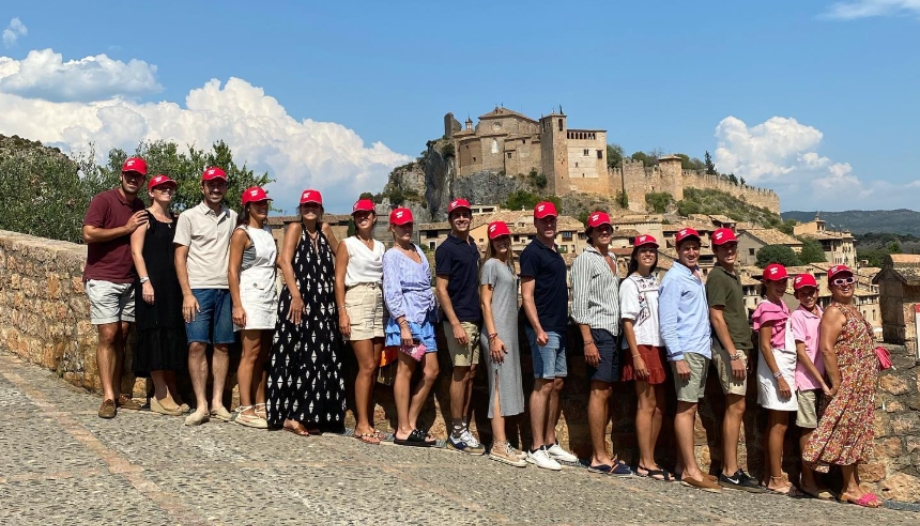It would be necessary to begin with a set of generalities about meditation, recollection, silence, prayer and private piety. We cannot do anything else here but assume that they are already known. But it is probable that the questions and difficulties raised concerning the "visit" to the Blessed Sacrament - that is, prayer before the sacrament of the Eucharist kept in the tabernacle - often have in fact a more general object: private contemplative prayer of a certain duration. Are they not often a kind of intellectual motivations, suddenly alleged in order to avoid the demands of the contemplative attitude? On the other hand, do you know many people who give themselves generously to meditation and who, at the same time, experience difficulties in the face of the "visit"? In any case, those who declare themselves against the "visitation" should be invited to examine their attitude better and to ask themselves if their objections do not in reality reflect the reaction of a person who, eaten up by his occupations, constantly tries to withdraw from the gaze of God, fleeing from recollection because he is incapable of bearing this peace of God who judges and purifies.
The "visitation" in the tradition of the Church
Those who attack the meaning of the "visitation" should be aware of the extreme fragility of the theories that are usually put forward in this regard, based on the history of dogmas and piety. In fact, these theories often make the mistake of giving an erroneous interpretation to exact facts. Let them not, therefore, be invoked in order to reject the doctrine of the Council of Trent, or simply to disregard it in practice.
1. The doctrine of the Council of Trent
According to this Council, it is a true heresy, a declared heresy, to deny, in theory or in practice, the duty to surround Jesus Christ, in the Sacrament of the Altar, with a cult of adoration that has an external form; or to deny the legitimacy of a special feast in honor of Jesus in the Sacrament, of the Eucharistic processions, of the "expositions", of the Holy Reserve (Cfr. Denz, 878, 878, 888, 884). of the holy reservation (cf. Denz, 878, 879, 888, 889). Such dogmatic texts obviously leave many questions in the shadows: what is the intrinsic significance of all these things, how is this Eucharistic worship of adoration and the practice of the Holy Reservation articulated in the whole of Christian life and liturgical action? It is clear that in the course of the Church's history there have been times and expressions of Christian piety which, as has been said with biting humor, have given the impression that the morning Mass served only to consecrate the host destined for the evening exposition of the Blessed Sacrament. For its part, the official Church has not intervened with sufficient energy, which has resulted in real distortions in the Eucharistic sense. But this does not touch the heart of the matter.
2. A millenary tradition
The main reason for the holy reservation is the communion of the sick. The definition of the Council of Trent, as well as a practice that has been repeated several times, secular, unanimous, fruitful, participated in by the most enlightened saints, leaves no doubt about the specific and global value of devotion to the Holy Sacrament outside (if one can speak in this way) the Sacrifice, whether it is a matter of exercises of personal piety or of certain public and common forms, such as "visits" and "expositions". These exercises are the manifestation of an authentically Christian faith. In saying this, we do not claim to be the defenders of any initiative in this field: neither of the exposition of the Blessed Sacrament during Mass, nor of the taste for expositions "for the pleasure of seeing the host", which lead to the indiscreet multiplication of this practice, etc.
3. The ideal of the return to antiquity
I would also like to underline the vanity of an argument often advanced against Eucharistic devotion outside Mass: the fact that such devotion has not always existed in the Church.
This would be to significantly impoverish the patrimony of Catholic piety, to give in to a false romanticism, constantly turning back to the practice of the Church of the first ages and denying the evolutionary character of piety in the course of history. For Christianity develops in history. And a millenarian practice that does not have to its credit the history of the first thousand years has, nevertheless, its perfect right of citizenship in the Church. If one wants to erect the practice of the first centuries as an absolute rule of piety, then let one be logical and apply it to all sorts of things: to fasting, to the universal esteem with which virginity was surrounded to the point of scorning marriage, to the duration (which we today consider excessive) of the Offices, to the heavy apparatus of practices of the monastic life, and so on. But the criteria of Christian authenticity should not be sought elsewhere, but in the Spirit of the Church, of the Church of all times, in a humble reflection on the fundamental structures of Christian reality.
The characteristic of these structures is that they are always there, and the Church is there to bear witness to them. This does not mean that the consequences to which these fundamental structures lead do not themselves have a history, and that on the theoretical level, as well as on the practical level, they reach the same degree of explicitness in all epochs; which does not prevent them from constituting an essential aspect of the Church's existence from the moment when these consequences clearly emerge in her consciousness. It is to demonstrate a remarkable lack of historical sense (as if one could turn back the course of history!) to claim, in the name of a certain "purity," that ecclesial realities return to their primitive forms when they have reached a certain degree of development. It is necessary to say rather that, in the Church, as in the life of the individual, there is a becoming and that this becoming enjoys a right of possession. And this does not apply only to truths of a theoretical nature.
If one agrees on these general principles of appreciation with regard to the development and use of the "things of the Church," and if one takes into account the universal, powerful, lasting and clearly manifested character of the approbations and the pressing encouragements which unofficial Eucharistic piety has received from the Church, the refusal of the latter to abandon the practice of the Holy Reserve, the doctrine which the Church professes on the latreutic character of devotion to the Holy Sacrament, etc., it would be foolish to predict the disappearance of the devotion to the Holy Sacrament, the refusal of the latter to abandon the practice of the Holy Reservation, the doctrine which the Church professes on the latreutic character of devotion to the Holy Sacrament, etc., it would be foolish to predict the disappearance of such a cult; This is not to say that it may not experience certain vicissitudes in the future. In this sense, the encyclical Mediator Dei, not content with advocating adoration of the Eucharist, is a promoter of "pious and daily visits to the Tabernacle". Canon Law also recommends the "visit to the Blessed Sacrament" (Canon 125,2; canon 1.273) and wants the "visit" to be part of the religious instruction given to all the faithful (cf. also canons 1.265-1.275, which deal with the reservation and worship of the Holy Eucharist: it is even a duty for many churches to preserve the Blessed Sacrament).
Legitimacy of the "visit
But let us now come to the intrinsic arguments. What is the meaning and what should be the content of the "visits"? It seems to us that one should not, as has been done ordinarily, link them exclusively to the real presence of Christ and to the adoration that she deserves as such. One can wonder, in fact, if this traditional foundation, fair in itself, but somewhat formal, is psychologically strong enough to eliminate the resistances that are opposed today to the practice in question. It becomes necessary to develop the real implications.
1. An objection: The Eucharist is essentially food
Here is the fundamental difficulty that is alleged in the name of theology. It is true that Christ is really present in the Blessed Sacrament. But why such a presence, for the pleasure of being among us, to be adored and honored because of this presence, to sit on a throne and grant audiences? Whether one answers in the affirmative or whether, as dogmatic theology indicates, one is content to say that there is only one valid motivation among others, it would be best to turn first of all to the teaching of the Council of Trent (Denzinger 878): the Sacrament of the Eucharist was instituted by Christ, we are told, "ut sumatur" (to be taken as food). The fundamental structure of the Eucharist consists in its character as food, in its relationship to the use to which it is destined. This is the basic truth of our whole reflection.
Let us not forget this. Let us not, therefore, by our Eucharistic practice or our Eucharistic "sensibility," raise between us and the Protestants (who always start from this truth in their theory and practice of the Supper) an obstacle devoid of any foundation. For the theologian, the alpha and omega of all dogmatic theology is the word of the Gospel: "Take and eat, this is my Body," and not a proposition of this style: "Christ is here present." Betz is therefore right in saying that the tripartite division of the treatise on the Eucharist, which begins with the question of the Real Presence and only then addresses the theme of communion and sacrifice, creates a discomfort and constitutes a blurring of focus.
Theological reflection aimed at clarifying the problem of the "visitation" must also be based on the fundamental principle enunciated by the Council of Trent: "The Eucharist was instituted to be taken as food" (Denzinger, 878). This principle certainly implies the real presence of Christ, because the food offered is none other than his Body and Blood. But it goes beyond this simple affirmation, because it presents the gift that is given to us as being destined to be taken as food. It is necessary, therefore, to use it here with all the breadth of its content.
This being so, it will be seen at once what gives rise to the objection. It is evident, it will be said, that Christ deserves worship when "He is made use of," because He is present when He gives Himself to us as the food of eternal life. But how, from this basic principle, to justify a worship outside of such a presence, a worship that is not confused with the adoration of the Lord necessarily concomitant with the reception of His Body, a worship that stands outside of such a reception and independently of it? This is the Protestant position: they are reluctant to make formal use of logic here, and do not believe themselves authorized by Scripture to extend Eucharistic worship to this point.
Let us emphasize that the Council of Trent justifies the Holy Reservation by the need to be able to give communion to the sick. It does not invoke any other reason, and on this point it takes up the data of history: it is, in fact, the need (or the legitimacy) of receiving communion outside Mass that motivated Holy Reservation above all, and not the need to have Jesus, "the sweet solitary One of the Tabernacle", near us. The Council thus considers Holy Reservation in essential relation to the reception of the sacrament and, in doing so, explains the practice of Holy Reservation along the lines of the fundamental principle evoked above (Denzinger, 879, 889).
2. Scriptural Response
We rely here solely on the Bible, on the most original biblical data.
We will begin by saying that a rigorous exegesis sees in the Body and Blood the whole Person of the Lord. The Body and Blood designate here the Person of Jesus as incarnate, his "I" in his physical constitution, this living being who has "bound himself" to the blood in order to fulfill his role as servant of God by establishing the New Covenant in his Blood. It is, therefore, He Himself who gives Himself in nourishment. But then it is not only a question, in the language of the New Testament, of the Body and Blood of Jesus in the sense that modern language attributes to these words (although theological speculation and the notion of "concomitance" (Denzinger, 876) allow us to legitimately extend the meaning of the concrete words of Jesus and to designate with them the presence of his entire Person in the sacrament). The truth is quite different. What Christ gives us, if one keeps to his express words interpreted directly according to the meaning they have in the Aramaic language, is Himself: do we not see, moreover, that St. John (6:57) uses the first person personal pronoun in the place of flesh and blood? It is, therefore, the whole of Himself that is truly given to us in food. Here too, adoration is fully legitimate, because it is He to whom it is addressed, and not to a food that would be composed of "elements". Ancient Christians may have had a "cosist" attitude toward the Eucharist. But such an attitude could in no way be presented as the exact and exhaustive interpretation of the biblical data. On the contrary, the feeling in the Middle Ages of finding in the Eucharist the incarnate Person of Jesus is completely in the spirit of the Bible. This is why it is completely legitimate to invoke Sacred Scripture to legitimize all acts by which one wishes to testify to someone the consideration due to his nature; and it is a question here of the Person of Jesus!
Let us now go a step further. The language of Scripture is as clear as it is simple: if the Lord, with his bodily reality and his creative power of salvation and of the New Covenant, is there as food, he is there as food "offered for our use," and not as food that has already been taken. A phrase like this: "Christ is there as food" cannot mean, in the language of the Bible, that he would be present at the moment when he is taken as food, but rather present to be taken as food. The use of the sacrament presupposes the realism of its content; the latter is not the consequence of the former: on this point the Lutherans agree with the Catholics; the Reformed Protestants are against it.
If this is understood, there is no insuperable difficulty in admitting the following proposition: inasmuch as the food is there destined to be taken, the Lord is there to be received by us; and inasmuch as He is there, how could we not and should we come to Him as to the Lord who has given Himself for us and who wants to give Himself to us?
It is necessary to say here without fear that Christianity, from the most ancient times, has peacefully developed the idea that sacramental food, like ordinary meals, does not lose its character as food by the fact that the interval of time separating the consecrating words from the moment when it is to be received grows. Do we not see this in the Mass itself? For in the Mass, too, a certain space of time elapses between the consecration of the Eucharistic species and their reception. The same thing happened at the Supper, between the moment when Jesus pronounces the sacred words presenting the bread and wine to his apostles and the moment when they opened their mouths to receive it. While, according to the common estimation of men, bread remains bread, that is, something made to be eaten (we are in the presence of an essentially human concept and not before a simple chemical object), Christ is present there, Christ who offers himself as food, with all that this implies as a corresponding attitude on the part of the man called to receive him. And this is what legitimizes the cult of adoration of the Eucharist.
But the converse is equally true: the adoration of Christ in the Eucharist does not fully attain the object of worship unless the Lord is there adored as the one who offers himself to us in food, as the "servant of God" who has taken a body and is there bodily present, who has founded in his Blood the new and eternal Covenant and who wishes, by giving us this bread in food, to give himself to us and to give us, so that it may become ours, the salvation that is himself, with all its weight of reality and its definitive character. Understood in this way, the presence of Christ, wherever it is realized, is, under the sensible species, the very presence of our salvation: a presence that recalls the sacrificial and sacramental act to which it owes its origin, a presence that is a prelude to the reception of the Eucharist, that act by which this salvation will become fully and sacramentally our own good.
It is superfluous, we think, to raise the question of knowing which host I adore here or there. Theology has nothing to do with it. The essential thing is that Christ is there and that I have been invited to receive him every time I open my mouth to take a consecrated host, whatever it may be in particular.
3. Two aspects of the Holy Sacrament
Thus we come to determine, along with its content, the exact meaning of the "visitation. The "visitation" - it too - places man in the presence of the objective and sacramental sign of the death offered by Jesus in sacrifice for our salvation; it is the continuation of the Mass on the interior and personal level and "engages", so to speak, the next communion. It is necessary, therefore, to say of the "visitation" all that should be said about thanksgiving and all that is, in the proper sense of the word, preparation for communion. Both practices are, in fact, perfectly legitimate, because we find ourselves before the objective sign of what is simultaneously the foundation of our salvation and the means of appropriating it to ourselves: before the Body and Blood of the Lord, before the Lord present with the concrete reality of his Body that he wants to give us as sacrificial food in a way that is proper to each one of us.
The Lord "preserved" in the sacramental species is so under a double title: as the Lord who offered himself in sacrifice in the Holy Mass and as the Lord who wants to give himself to us as food. Otherwise, it would lose its meaning in the eyes of man, it would be like a strange substitute for the adoration due to God for his universal presence, it would be nothing but a way, whose meaning remains uncertain, of actualizing our supernatural union with Christ, which, moreover, is always and everywhere possible. Indeed, if God has given us the Eucharistic presence and has guaranteed us its importance, if that presence is not an unnecessary duplicity of the universal presence and of our union with Christ, it is because it gives us the Lord insofar as he offers himself in the sacrifice of the cross and who, in the Mass (and in the food we have as a consequence), makes himself present as such and as such offers himself to become our nourishment.
4. The Eucharist, sacramental sign of the union of the Church
We could also remember, when we stand before the Blessed Sacrament, that it also represents the sacramental sign of the unity of the Church. As the Council of Trent says, it is "a symbol of the unity and charity by which Christ willed that all his faithful should be united among themselves" (Denz. 873a); it is the "symbol of this one Body of which he himself is the head" (Denz. 875).
In the visit to the Blessed Sacrament, then, we are before Christ as the unity of the Church, before the very mystery of the Church, before the holiest manifestation of this Church which is, under its visible aspect, the historical and sensible form of the salvation that God works in us. It can thus be understood to what extent the most personal "devotion to the Tabernacle," far from being the sign of a religious individualism, constitutes, if it adopts a suitable expression, a means of manifesting belonging to the Church and the consequent sense of responsibility, as well as the occasion to pray for the Church. It is here that one could speak, in a very authentic and very profound sense, of an apostolate of prayer....
The authorKarl RahnerGerman Jesuit priest and theologian (1904-1984), considered one of the most influential of the 20th century.




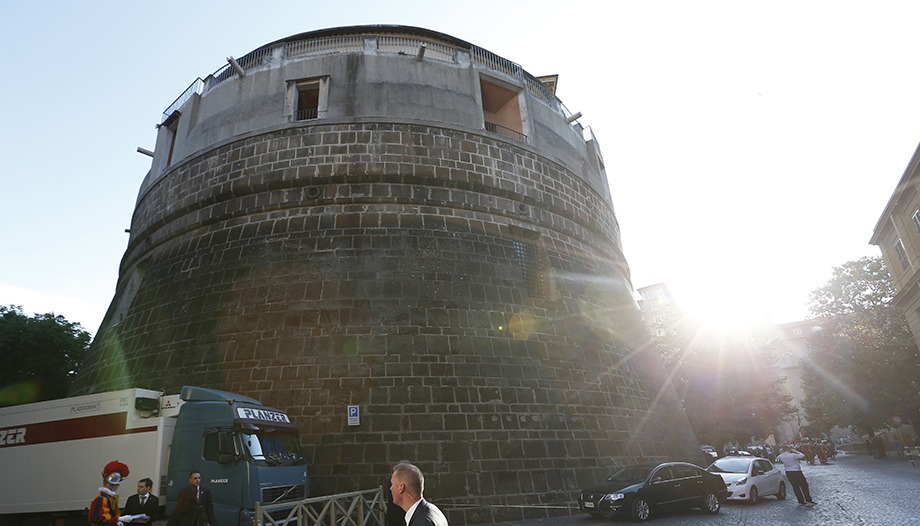






 An explanation of the Vatican's financial situation
An explanation of the Vatican's financial situation